How Romeo Hunte Is Quietly Redefining What It Means to Be an American Brand
Romeo Hunte’s journey since launching his namesake label in 2013 may have been impressively considered, but even he wasn’t prepared for the challenges that the current pandemic would bring.
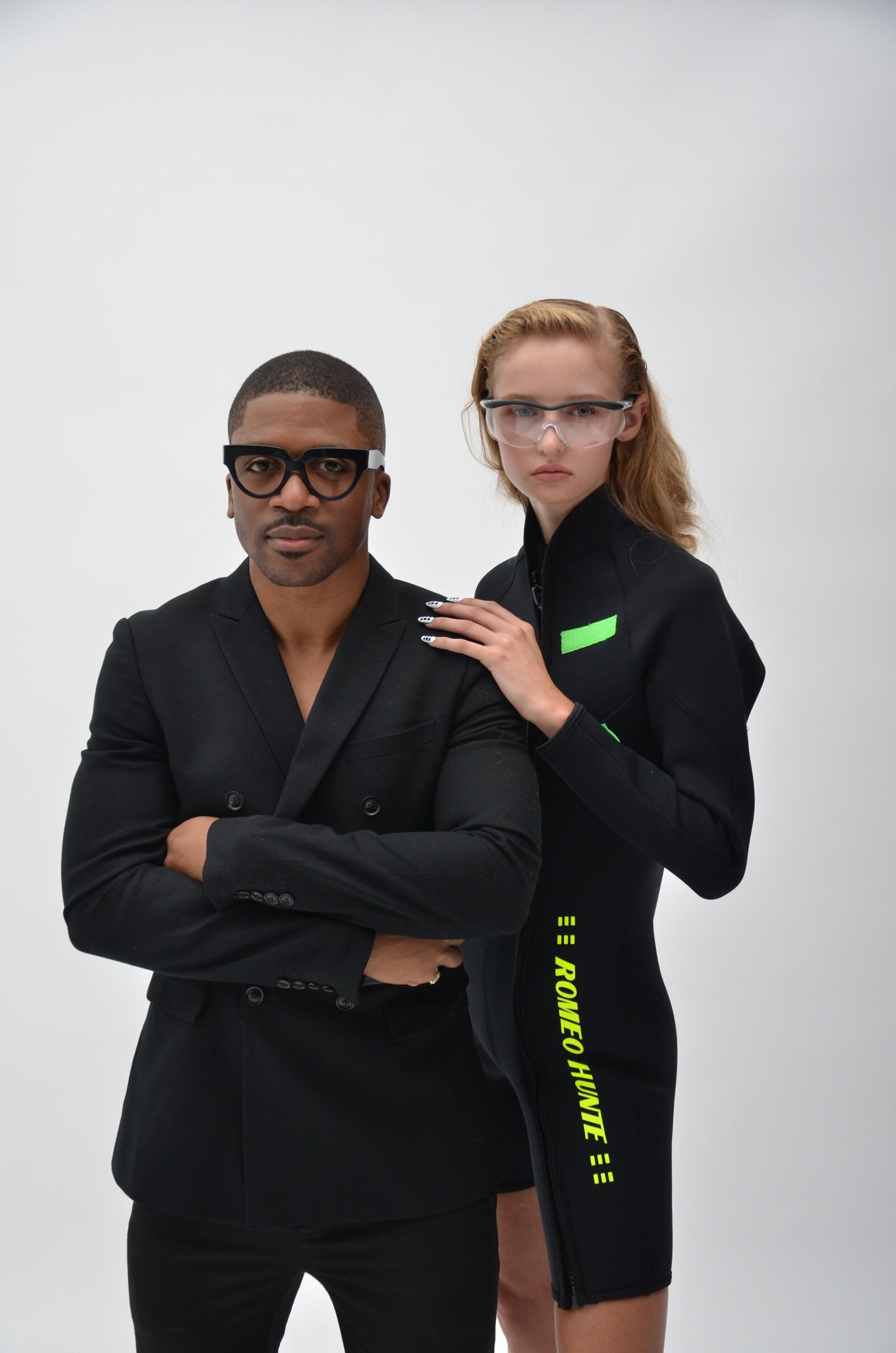
Romeo Hunte’s journey since launching his namesake label in 2013 may have been impressively considered, but even he wasn’t prepared for the challenges that the current pandemic would bring. Hunte says, “There were a lot of ups and downs over the past few months. My grandfather passed, and a few other members of the team had family members pass too. We just kind of huddled together, working from home, working very odd hours, and I think it built us up to be a stronger team—as a family, we understood everyone's going through this, and were always checking in on each other.”
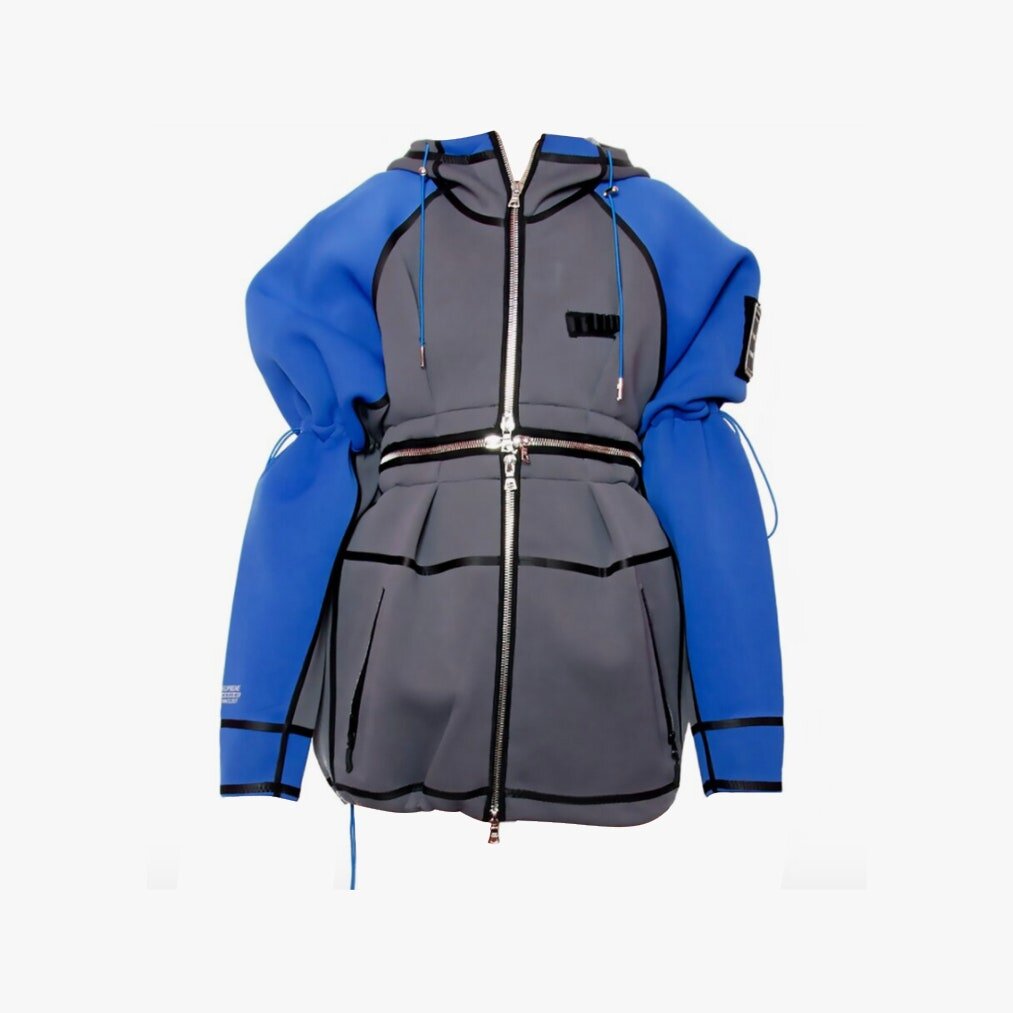
After all, if there’s one thing that defines Hunte’s ascent since launching his label in 2013—aside from his signature deconstructed outerwear—it’s the strong sense of community he’s developed. This doesn’t just include the illustrious list of celebrities, from Beyoncé to Zendaya, who have stepped out in his pieces, but the regular clients for whom he makes custom looks on a made to order basis. “We really don’t like to waste, so that on its own meant we weren't sitting on stock,” he says. “We started asking, what does our customer actually want right now?” The natural answer, aside from the more flamboyant pieces still available on his website, was a range of face masks—a product that, for Hunte, fulfilled more than just a practical need. “The feedback from the masks has simply been that they’ve brightened up their day when they come in the mail, and I felt that’s the best thing I could do at this moment.”
As Hunte and his team began to plan their next steps post-lockdown, however, another national tragedy occurred; namely, the killing of George Floyd. Throughout the Black Lives Matter protests that followed, Hunte has been keenly observing the fashion industry’s reckoning with its historic underrepresentation of Black designers and creatives. “I think there’s a lot more work to be done,” Hunte says. “When I was a child, fashion was something that I always dreamed of doing, but it's challenging to step into an industry and feel like there aren't that many people that look like you, or share the same inspiration, to feel like you’ve been in the industry delivering each season and it’s overlooked. A lot of things are not so inclusive as they're promoted, sometimes it feels like, as a designer, you only really get noticed during Black History Month on those things. It can be frustrating, but I think I’ve learned to try not to bring emotion into the business. Hunte says, “I'm just hoping that it opens up doors for younger designers to feel like there's a place for them. Not just me, but the Kerbys, the LaQuans, the Victors, and the Telfars of the world. We can inspire a whole generation of designers to feel like: Wow, I could actually do it. When I was a young designer, I didn't have that many designers to look up like to really inspire me.”
Being a black gay creative for me feels liberating but at the same time there’s pressure. Pressure in needing to express yourself to a white society, that you are enough; what feels like having to explain my existence. having to explain why who I am and the art I produce is more than a hyper sexual view, but just what it is, art - expression, my expression.
Summer is here and it’s important for every woman to feel beautiful in their own skin. Support these amazing companies that offer some beautiful swimwear pieces that will leave you feeling confident and vibrant.
It's always been important to support black designers, but amid a pandemic and sociopolitical crisis, these black artists and business owners need your support now more than ever!
While people have shown concern for the rapper, others have taken the opportunity to make jokes about the incident. Within the last couple of months, the topic of how Black women are marginalized in society has become more prevalent.
The sudden worldwide shift to Digital Fashion Weeks has engendered confusion and ambivalence among designers and fashion brands, particularly in regards to the content of their promotional videos.
After witnessing the backlash from Simone Biles Vogue cover I had to sit aside and ponder: Why is it so challenging for some photographers to capture the beauty of black skin/people? Our undertones, our glow, even the texture of our hair. So, like always I went looking for methods to best capture dark skin.
This spicy blackberry and plum sauce recipe was a push for something different and will now be my go to condiment for the summer season.
Black women die at a rate three times higher than white women when giving birth. The death of Sha-Asia Washington has shown the racial disparities Black women face in childbirth.
Shoot for the Stars Aim for the Moon is the first posthumous album to reach No. 1 since 2018. Pop Smoke and XXXTentacion are two of the four hip-hop artists with posthumous No. 1s. They follow The Notorious B.I.G. and 2Pac, who each have three posthumous leaders. R.I.P to the Woo.
In These Uncertain Times, Victor Glemaud is Still Hoping to Inspire People.
While the development of his spring 2021 collection has been a little more tricky—Glemaud notes he has still been managing to find inspiration in less likely corners.
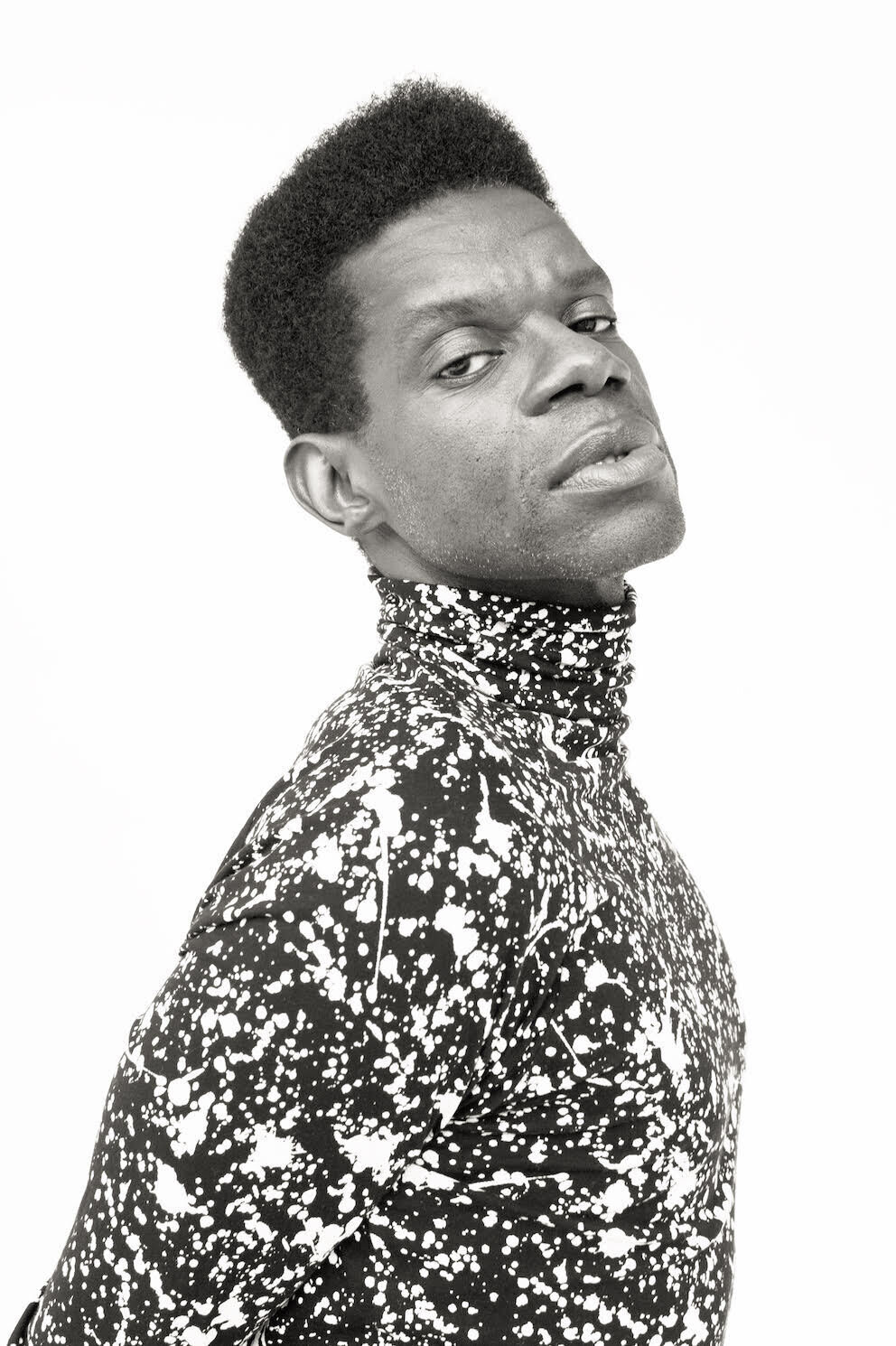
Safe to say, 2020 has been an interesting year. From COVID-19, to the unjust murders of George Floyd and other black people, most people aren't feeling that great.
Fashion designer, Victor Glemaud, has been working from his home for the past three months. Glemaud looks back amazed that his business has been able to adapt so quickly. “At the beginning, it was challenging because it was all so uncertain,” he says of the early days of lockdown. “I’ve done fittings virtually before, I’ve done sketch handoffs and line reviews virtually before, so it wasn’t about it being difficult to adapt. It was more getting used to the idea of not knowing when we would work together again, and when we would see each other again.”
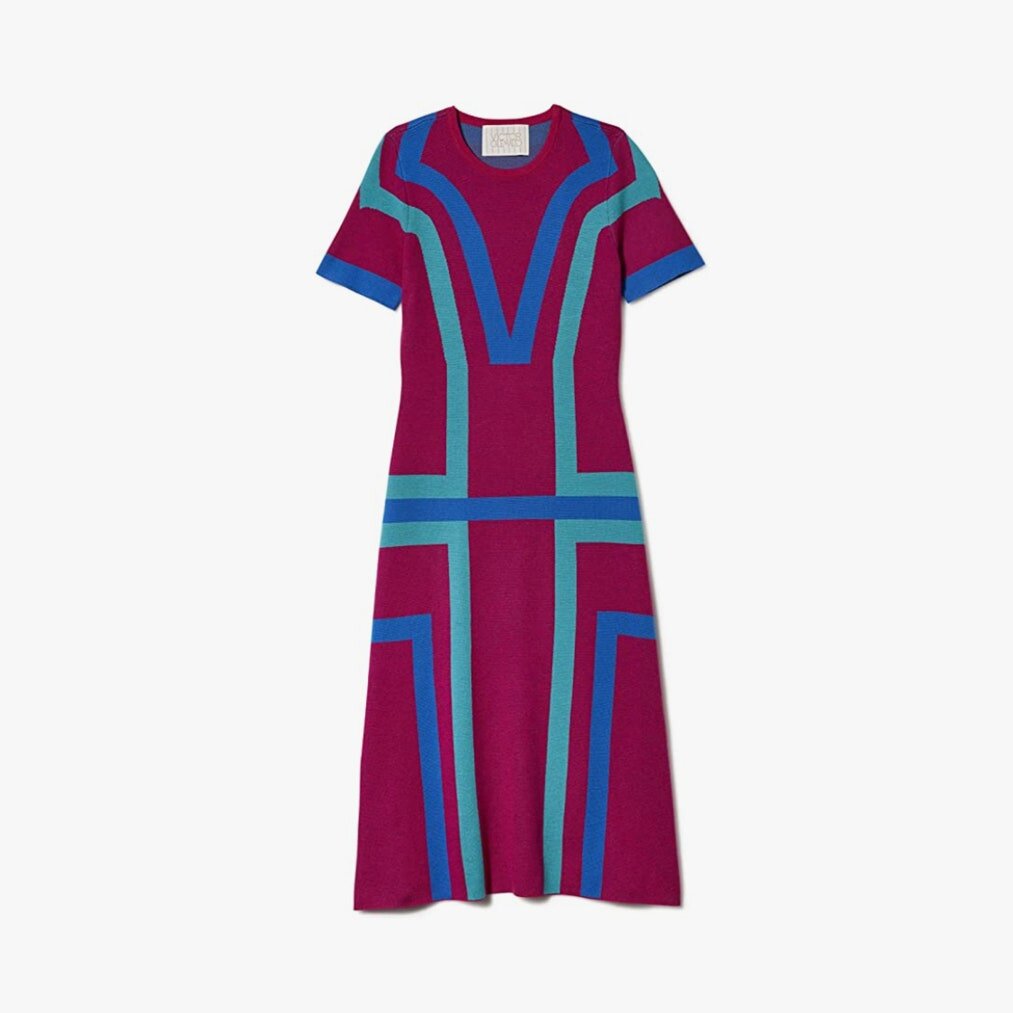
Glemaud's biggest challenges have been more on the personal end, than on the business end. With his business celebrating 15 years soon, Glemaud started his career working with Patrick Robinson in New York. Glemaud later went on to work in PR for the likes of Versace, Marc Jacobs, and Helmut Lang, before returning to consult with Robinson during his time at Paco Rabanne, then launching his own label in 2006. After rebranding with a more stripped-back approach in 2015, Glemaud began focusing primarily on the bold, brightly-colored knits that have been a resounding hit with his long-time customers. They’ve also earned him a place as a finalist for the 2017 CFDA/Vogue Fashion Fund and resulted in his first runway show back in February of this year.
While the development of his spring 2021 collection has been a little more tricky—Glemaud notes the technical intricacies of producing knitwear are more difficult to test without seeing the garments in the flesh—he has still been managing to find inspiration in less likely corners.
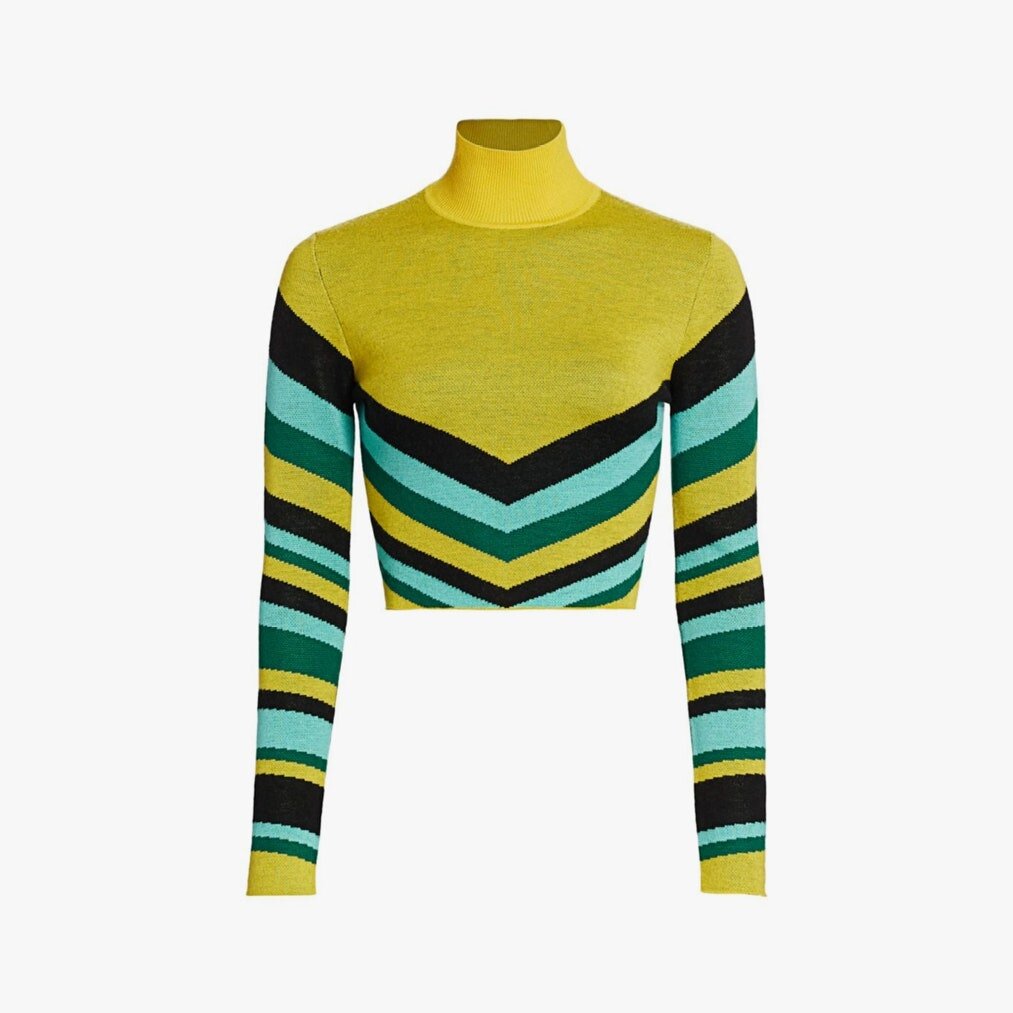
“Normally what I do is go to galleries or museums and get inspired or see so “Normally what I do is go to galleries or museums and get inspired or see something that sparks something that way. Since I can’t do that, I’ve been reading a lot more. It’s been more of a fluid process.”
When asked how the fashion industry can support black lead brands and businesses, Glemaud said, “I think it’s about having our industry truly support Black-owned businesses by paying us, by promoting us within their channels,” he continues. “Not just today or tomorrow, not just a tag here or there, but showcasing work in a meaningful way, really being true partners. Whether it’s a retailer, an editor, a stylist, a production partner. Things that are needed to actually grow a business. Things that a lot of young creatives that I’ve spoken to recently in the last two weeks have felt and have all told me they don't have access to.”
Report: Anna Bechtel
At the rise of Covid-19 many of us first questioned the timeline of fashion week and would we see the regular calendar continue - the question weighed over many of us for months! It was refreshing to see design houses and designers across the globe take advantage of the uncertainty and plow into production mode - thus my interest in Jerri Reid New York - The Black Designer based in Brooklyn New York wow’d instagram with his latest collection paying homage to the Black Is King film which debuted earlier this year in July. I was taken aback at quick of a turn round the young designer produced and released his well crafted designs reflecting some of the films most memorable moments.
Being a black gay creative for me feels liberating but at the same time there’s pressure. Pressure in needing to express yourself to a white society, that you are enough; what feels like having to explain my existence. having to explain why who I am and the art I produce is more than a hyper sexual view, but just what it is, art - expression, my expression.
Summer is here and it’s important for every woman to feel beautiful in their own skin. Support these amazing companies that offer some beautiful swimwear pieces that will leave you feeling confident and vibrant.
It's always been important to support black designers, but amid a pandemic and sociopolitical crisis, these black artists and business owners need your support now more than ever!
While people have shown concern for the rapper, others have taken the opportunity to make jokes about the incident. Within the last couple of months, the topic of how Black women are marginalized in society has become more prevalent.
The sudden worldwide shift to Digital Fashion Weeks has engendered confusion and ambivalence among designers and fashion brands, particularly in regards to the content of their promotional videos.
After witnessing the backlash from Simone Biles Vogue cover I had to sit aside and ponder: Why is it so challenging for some photographers to capture the beauty of black skin/people? Our undertones, our glow, even the texture of our hair. So, like always I went looking for methods to best capture dark skin.
This spicy blackberry and plum sauce recipe was a push for something different and will now be my go to condiment for the summer season.
Black women die at a rate three times higher than white women when giving birth. The death of Sha-Asia Washington has shown the racial disparities Black women face in childbirth.
Shoot for the Stars Aim for the Moon is the first posthumous album to reach No. 1 since 2018. Pop Smoke and XXXTentacion are two of the four hip-hop artists with posthumous No. 1s. They follow The Notorious B.I.G. and 2Pac, who each have three posthumous leaders. R.I.P to the Woo.
To be black and well can mean a lot of things, but should definitely include #Skincare #Meditation #BlackReading among many other things, daily! #BlackLivesMatter #HealthAndWellness #AmplifyBlackVoices
Ib Kamara Celebrates "Future, Community, Beauty, and Blackness" in Browns' "Family Affair"
What we wear should make us feel good, especially for our moms to be. Finding the perfect pair of jeans and tops can be tough, and for pregnant women, even harder. Read more to see some great places to shop tha
Among the many other issues surrounding diversity and inclusion within the fashion industry, it's important to acknowledge the failings of the system that produces fashion industry practitioners; the university.
Although we all rely on fast-fashion brands like H&M, Forever21 or Fashion Nova, we all might be forgetting how these brands manage to make all these garments and accessories for such affordable prices.
Ah, fall! The season of pumpkin spice, rustling leaves, and...refreshing your fashion game! Let's face it: While we adore our comfy sweaters and jeans, it’s the accessories that truly make or break our autumn outfits.
Accessories are a simple way to add some interest to your outfits. Whether you want to refresh your style, or just to add a pop of something extra, getting your accessories right can lift an outfit, and make you look more put-together, more stylish, or more fun.
Are you thinking about buying gifts for the special girl in your life? Whether you’re purchasing lovely presents for your friend, your partner, or your wife, we think you should definitely consider some wonderful fashionable choices. Here are some of the best possibilities that the special girl in your life is sure to love and appreciate.
2021 will be a wild ride for fashion lovers and style enthusiasts everywhere. With us still being in the middle of a pandemic and changes are happening with the way consumers shop, it will definitely give way to how differently people dress and style themselves. Here are a few trend predictions that may give way in 2021.
Fashion lovers and style enthusiasts rejoice. The Pantone’s Color of the Year for 2021 is here and not only did they announce one color but two! The two colors selected will be Ultimate Gray (PANTONE 17-5104) and Illuminating (PANTONE 13-0647) as the shades for Pantone's Color of the Year 2021. According to Teen Vogue, the last time Pantone announced two colors for color of the year was back in 2016.
Diarra Bousso’s experiences as a mathematician, artisan and former Wall Street Trader have led to the creation of Diarrablu - her lifestyle brand. Her designs showcase her culture with every detail and piece - it tells a story.
Developing your sense of style is an essential part of expressing yourself through your clothing.
The effects of a nationwide quarantine have devastated the fashion label Cushnie to the point at which its closure was made official in late October. The tragic end to one of the rare high-fashion brands in America helmed by a black woman brings into question the industry's promises to employ more racially diverse talent.
In these months of solitude, the bored masses have switched on to Netflix to help them escape the mundane feeling of the lockdown. This constant tuning in is no new feeling to teenagers, whose viewership has created an entirely new genre of melodramatic “teen” shows and movies. While I binged (and rebinged) these shows, I became increasingly interested in the patterns of dress. As a fashion zealot, I tend to fixate on styling within any form of media - I get excited by fresh perspectives in fashion. Especially when it is portrayed through a young character’s style. Sadly,
New York based-label Rowing Blazers is commemorating the style of the late Princess Diana for the Fall/Winter 2020 collection. Some of Diana’s most notable looks, as well as other influenced pieces, are featured in the 80s inspired collection.












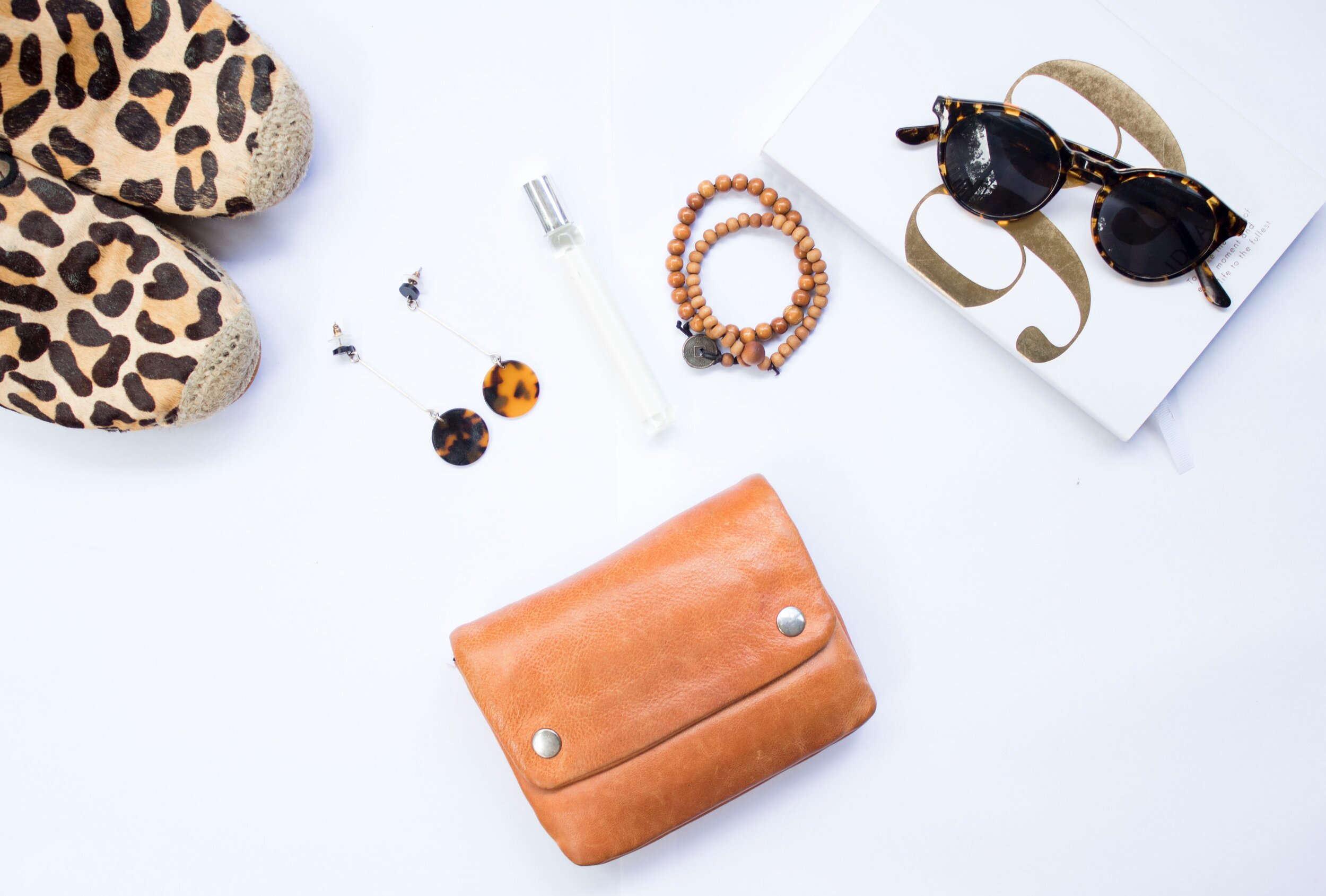


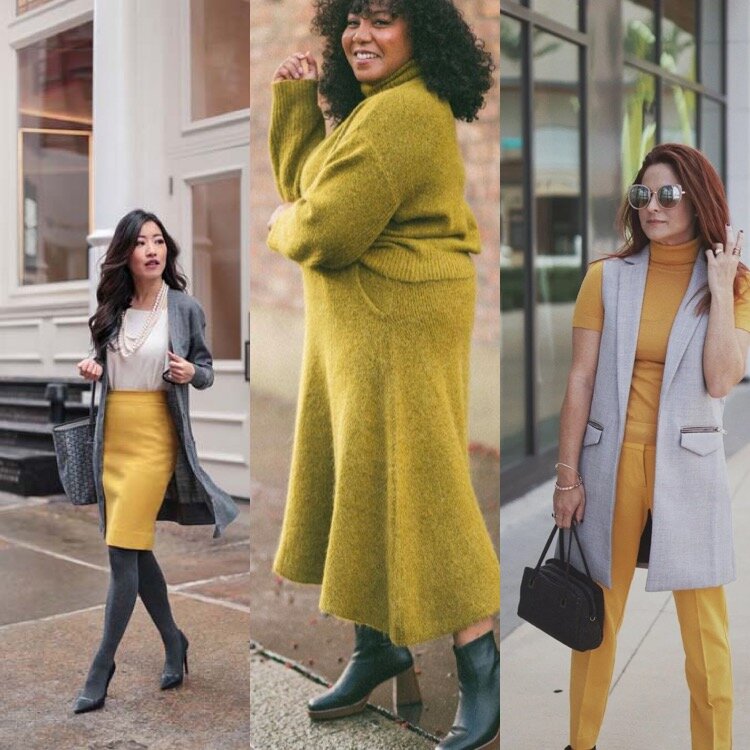













At the rise of Covid-19 many of us first questioned the timeline of fashion week and would we see the regular calendar continue - the question weighed over many of us for months! It was refreshing to see design houses and designers across the globe take advantage of the uncertainty and plow into production mode - thus my interest in Jerri Reid New York - The Black Designer based in Brooklyn New York wow’d instagram with his latest collection paying homage to the Black Is King film which debuted earlier this year in July. I was taken aback at quick of a turn round the young designer produced and released his well crafted designs reflecting some of the films most memorable moments.